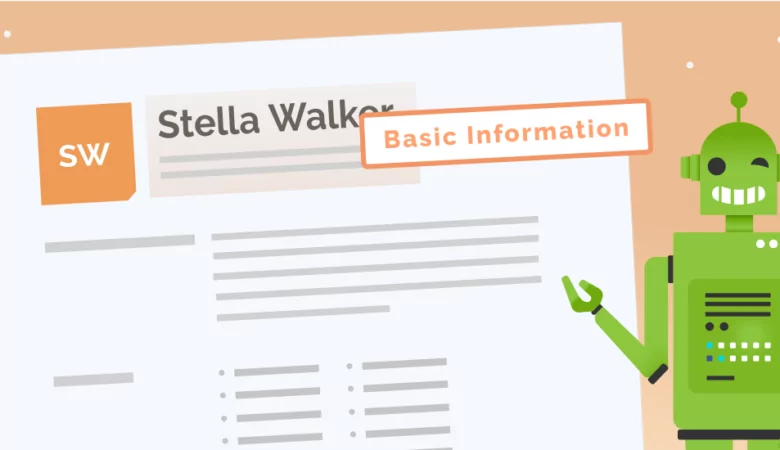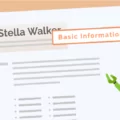Core competencies are a crucial part of your resume and of presenting yourself well to an employer. How can you create core competencies that display those skills?

Tips for Including Core Competencies on Your Resume
Core Competencies Resume
When writing your resume, you need to showcase all of your best skills and talents. Determining which skills to include isn’t easy, especially if you have limited space on your resume. If you’re trying to decide on core competencies for your professional resume, there are a few tips and tricks to follow. Here’s what you need to know.

What Are Core Competencies?
Core competencies, sometimes called core qualifications, are specific skills that make you well-suited for a job. The term was coined in 1990 in an article for Harvard Business Review and at the time referred to skills and resources that a company uses, not that an individual does. Over the years, this concept has morphed into specific skills that you want to have yourself, so you can show them off to get a job.
Your core competencies will depend on the industry that you’re in as a whole as well as the specific job application you’re turning in. Social media knowledge, for example, is a hugely important core competency if you’re a digital marketing manager, but it’s likely not as important if you’re a construction worker. Your resume core competencies will be generally the same depending on the industry you’re in, but you may change and adjust them depending on the job application you’re filling out.
Are Core Competencies Actually Important in a Resume?
Core competencies are very important. One of the biggest reasons for this is because of ATS, or applicant tracking systems. Many hiring managers use ATS to scan resumes, and ATS will scan the resume for keywords and may discard it before it reaches a hiring manager. Core competencies are required in almost every job, which means that including them in your resume makes it more likely that you’ll have the necessary resume keywords to get your resume to the recruiter.
Once it finally gets to the hiring manager, your core competencies also let the hiring manager know that you’re the right person for the job. They lay out the most important skills that you have, which should be the skills that a hiring manager is actively looking for. When they scan through your bullet points, they’ll know that you’re the person they want to call in for more discussion.
Tips for Developing Your Core Competencies Section
Depending on the resume format you use, you can create a specific core competencies section or you may sprinkle your core competencies throughout your resume writing process.
You can include core competencies in your general skills section, and mention them in your resume summary and experience section, where you can include them in job descriptions when describing your duties. If you have certifications for some of these skills, you should also mention them. Create a list of around 8-12 core competencies that you think you embody, then include them throughout your resume.
So, what are your core competencies? Here is a list of core competencies that you might include in many different fields:
- Problem-solving
- Teamwork
- Adaptability
- Critical thinking
- Decision making
- Time management
- Communication skills
- Creative thinking
- Interpersonal skills
- Public speaking
All of these are soft skills, but that doesn’t mean all your core competencies have to be soft skills. Hard skills and technical skills can be core competencies in some industries. Software developers, for example, may have programming skills as some of their core competencies, and leadership skills will be important if you’re going to be a project manager. It’s all about coming up with specific core competencies that are right for you.
FAQ: Core Competencies Resume
Every industry is going to be different, and you must have the right competencies for your industry. One of the ways you can find examples of core competencies in your industry is by looking at resume examples. The resume examples at ResumeNerd are a great place to find examples of resumes in your industry, and by going through industry-specific resumes, you can create a list of the most common resumes that you’ll see from other job seekers. This can help you in your job search, as you’re more likely to find a great new job if you understand what people are looking for in your industry.
Your core competencies need to start very high up on your resume. You should list some of them in your resume summary or resume objective. These are, as the name states, “core” to your ability to do your job. Broadcast these skills to your potential employer as early as possible on your resume, and also include them in other sections, as well as examples of how you’ve used them in previous jobs.
They can. If you have less work experience in your field, you’re naturally going to rely on your skills instead to prove that you know how to do the job. However, you should still prepare yourself for an interviewer to ask you questions about your work experience, including why you might not have as many years of experience as your peers.








